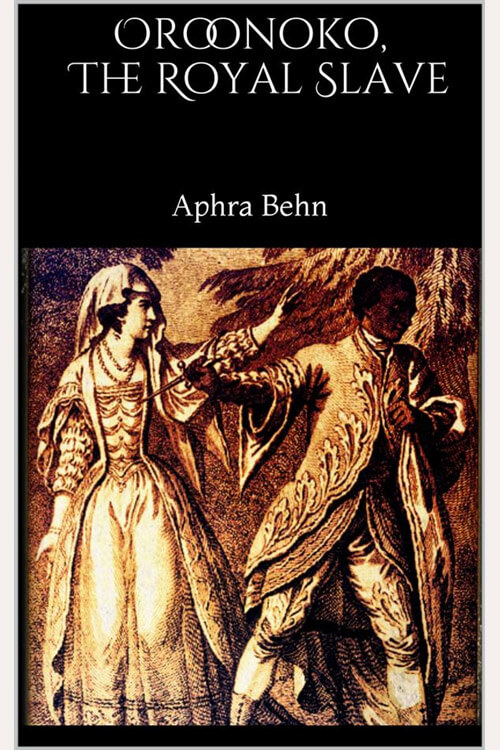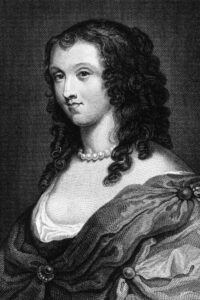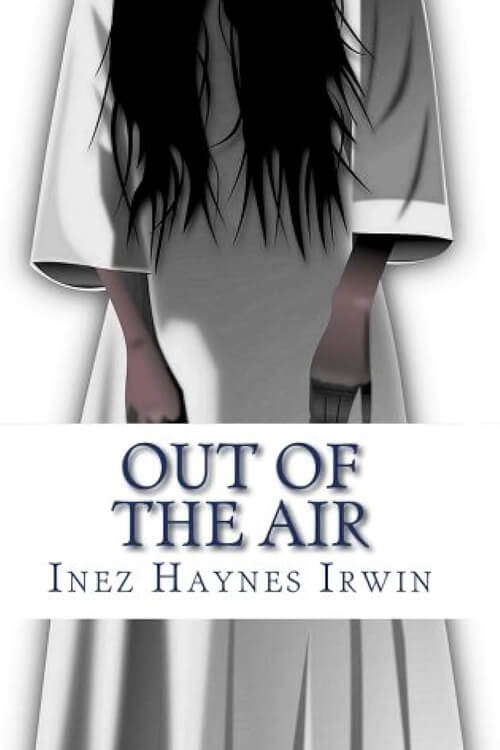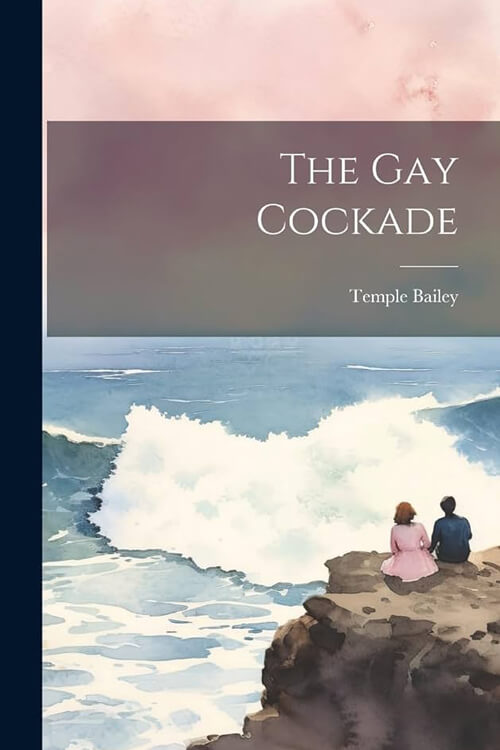
Oroonoko or, The Royal Slave
Oroonoko, or the Royal Slave, is a relatively short novel set in a narrative frame. The narrator opens with an account of the colony of Surinam and its inhabitants. This is a historical tale concerning the Coramantien grandson of an African king, Prince Oroonoko. Prince Oroonoko was trained for battle at a very young age, becoming an expert captain by the age of seventeen. During a struggle, the best general sacrifices himself for the Prince by taking an arrow for him. In sight of this event, the Prince takes the place of General. Oroonoko decides to honourably visit the daughter of the deceased general to offer the “Trophies of her Father’s Victories”, but he immediately falls in love with Imoinda and later asks for her hand in marriage.
The king hears Imoinda described as the most beautiful and charming in the land, and he also falls in love. Despite his intelligence, saying she had been claimed by Oroonoko, the king gives Imoinda the royal veil, thus forcing her to become one of his wives, even though she has already promised Oroonoko. Imoinda unwillingly but dutifully enters the king’s harem (the Otan), and Oroonoko is comforted by his assumption that the king is too old to ravish her. Over time, the Prince plans an affair with the help of the sympathetic Onahal (one of the king’s wives) and Aboan (a friend of the prince). The Prince and Imoinda are reunited briefly and consummate their marriage, but they are eventually discovered. Imoinda and Onahal are punished for their actions by being sold as slaves. The king’s guilt, however, leads him to lie to Oroonoko that Imoinda has instead been executed since death was thought to be better than slavery. The Prince grieves. Later, after winning another tribal war, Oroonoko and his men visit a European slave trader on his ship and are tricked and shackled after drinking.
The slave trader plans to sell the Prince and his men as slaves and carries them to Surinam in the West Indies. Oroonoko is purchased by a Cornish man named Trefry but given special treatment due to his education and ability to speak French and English (which he learned from his French mentor). Trefry mentions that he came to own a most beautiful enslaved woman and had to stop himself from raping her. Unbeknownst to Oroonoko, Trefry speaks of Imoinda, who is at the same plantation. The two lovers are reunited under the slave names of Caesar and Clemene.
Read or download Book
Aphra Behn
Aphra Behn (14 December 1640 – 16 April 1689) was an English playwright, poet, prose writer and translator from the Restoration era.
Biography
As one of the first English women to earn a living by writing, she broke cultural barriers and was a literary role model for later generations of women authors. Rising from obscurity, she came to the notice of Charles II, who employed her as a spy in Antwerp. Upon her return to London and a probable brief stay in debtors’ prison, she began writing for the stage. She belonged to a coterie of poets and famous libertines such as John Wilmot and Lord Rochester. Behn wrote under the pastoral pseudonym Astrea. During the turbulent political times of the Exclusion Crisis, she wrote an epilogue and prologue that brought her legal trouble; she thereafter devoted most of her writing to prose genres and translations.
A staunch supporter of the Stuart line, Behn declined an invitation from Bishop Burnet to write a welcoming poem to the new king, William III. She died shortly after. She is remembered in Virginia Woolf’s A Room of One’s Own: “All women together ought to let flowers fall upon the tomb of Aphra Behn which is, most scandalously but rather appropriately, in Westminster Abbey, for it was she who earned them the right to speak their minds.” Her grave is not included in the Poets’ Corner but lies in the East Cloister near the steps to the church. Her best-known works are Oroonoko: or, the Royal Slave, sometimes described as an early novel, and the play The Rover.






